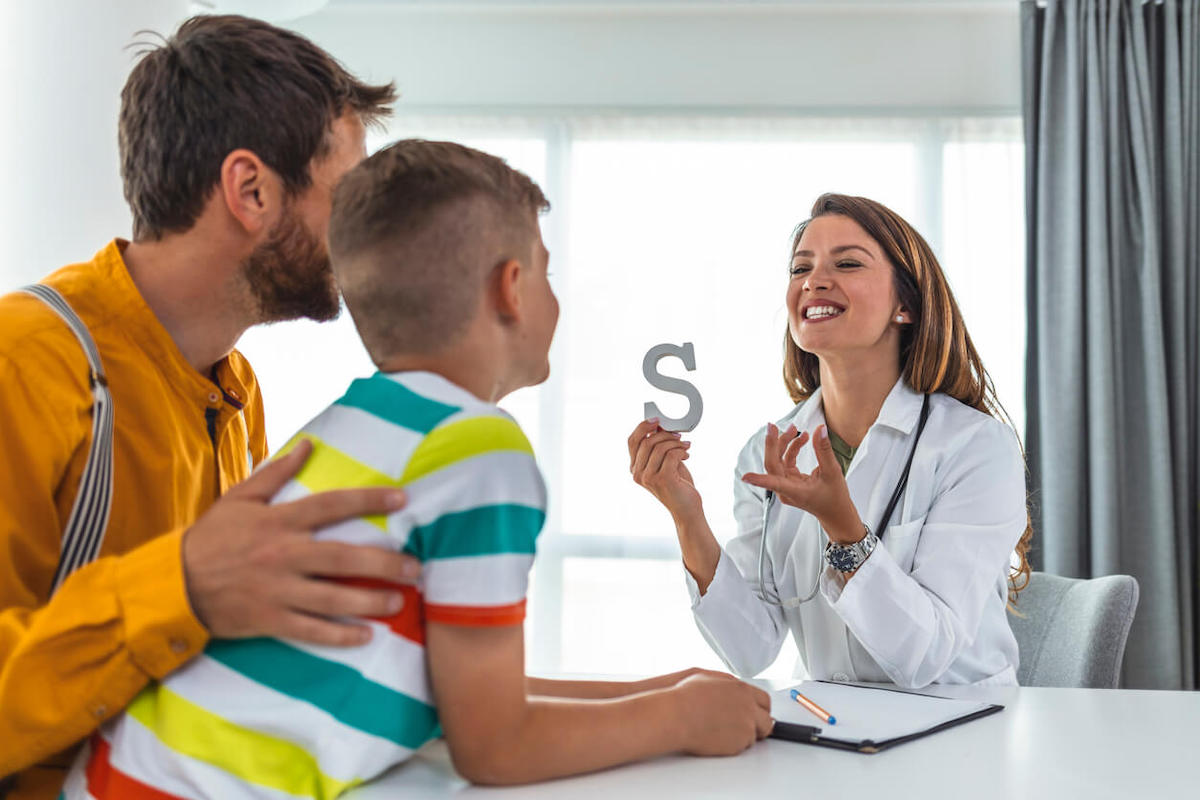

- #Speech pathology how to#
- #Speech pathology manual#
- #Speech pathology professional#
Through exercises and role-plays, SLPs can work with them to develop social communication skills.
Social cues – Adults with special needs may not understand social cues, acceptable topics or proper physical distance from conversation partners. Adult LifeĪdults may experience a variety of communication difficulties related to: 4 Those who have experienced stroke may develop related swallowing disorders.Ī speech-language pathologist can provide seniors and their caretakers with tools, exercises and treatments to improve their speech, hearing, feeding, cognitive function and practical communication. For instance, aphasia-a disorder where patients have trouble interpreting their thoughts into speech or processing others’ speech-can be caused by stroke, head trauma, brain tumors or dementia.Įlderly aphasia patients often present with both speech-related symptoms and memory loss. Seniors often experience speech- or feeding-related conditions as comorbidities with other disorders. 3 Let’s explore some scenarios in which SLPs can improve a patient’s quality of life. Speech-language pathologists treat patients of all ages across a variety of settings. Learn More About Our SLP Programs Whom Do Speech-Language Pathologists and Therapists Treat? 
The SLP brings their knowledge of anatomy, diagnostic skills and clinical knowledge to working with the patient and their care team. Literacy – SLPs often diagnose disorders among people who are having trouble speaking, reading or writing in their native language.Ĭommunication disorders can overlap, which makes diagnosis and treatment complex.Feeding and swallowing – SLPs treat dysphagia, which includes problems with chewing, swallowing and sucking that can lead to malnutrition and other illnesses.Voice and vocal hygiene – SLPs can help people who quickly grow hoarse or lose their voices improve their speaking techniques to prevent future injuries.Aphasia is one example of a language disorder that SLPs can assist with. Language – Language describes the extent to which we understand what we hear and speak.
#Speech pathology how to#
Social communication – SLPs can help people who don’t readily understand social cues and other communication behaviors learn how to better engage and connect with others. Fluency – Not to be confused with literacy, fluency describes how smoothly people can speak without stumbling or stuttering. Speech sounds – SLPs can help patients improve one (or more) specific sounds in their speech patterns, correcting issues like lisps. Some of their common treatment areas include: 2 They identify and treat a variety of speech, hearing and feeding difficulties across a the lifespan. Speech-language pathologists (SLPs) are licensed communication experts. What Do Speech-Language Pathologists and Therapists Do? But the choice to refer to themselves as a “speech-language pathologist” or “speech therapist” does not reflect their educational level, qualifications or specialties. 
speech pathology based on how they envision treatment styles or job roles. Providers may say they perform speech therapy vs. Speech therapists and speech-language pathologists are the same-there are no educational or qualification differences between a speech-language pathologist vs. Master of Science in Speech-Language Pathology (MS-SLP)Īre you curious about the difference between job descriptions for speech therapists and speech-language pathologists? Whether you’re considering speech-related careers or researching what kind of rehabilitation practitioner could help you or a loved one with a communications disorder, you’re not alone.Non-Degree Physical Therapy Online Courses.
#Speech pathology professional#
Continuing Professional Education (CPE).
#Speech pathology manual#
Orthopaedic Manual Physical Therapy Fellowship (OMPT).

Master of Science in Physician Assistant Studies (MSPAS). Post-Professional Doctor of Occupational Therapy (PPOTD).








 0 kommentar(er)
0 kommentar(er)
